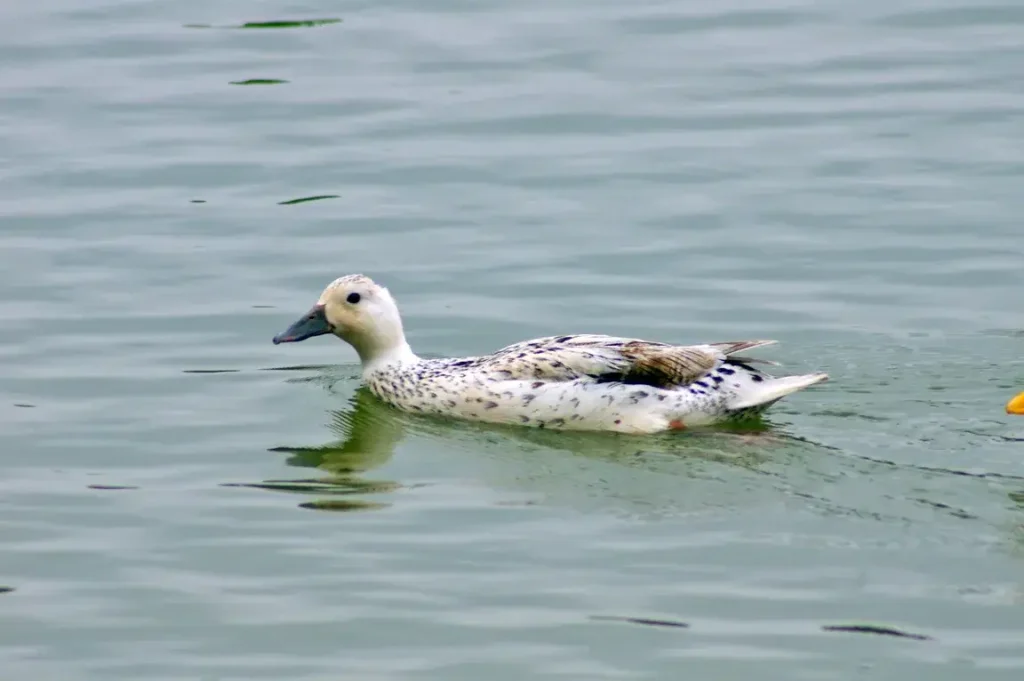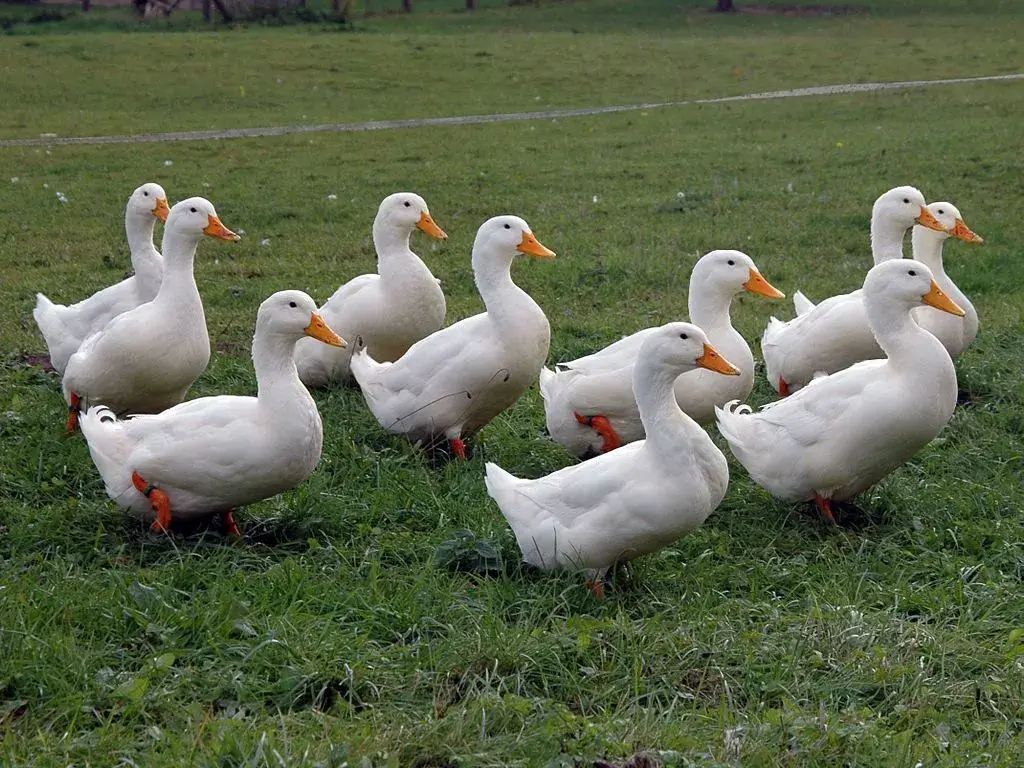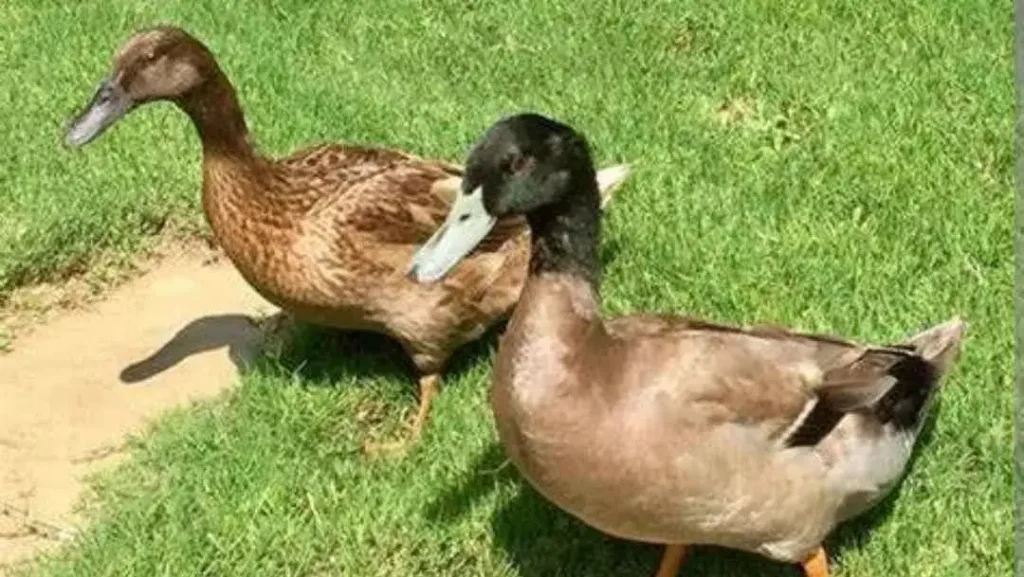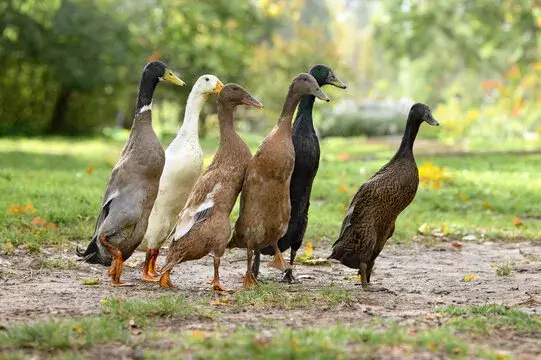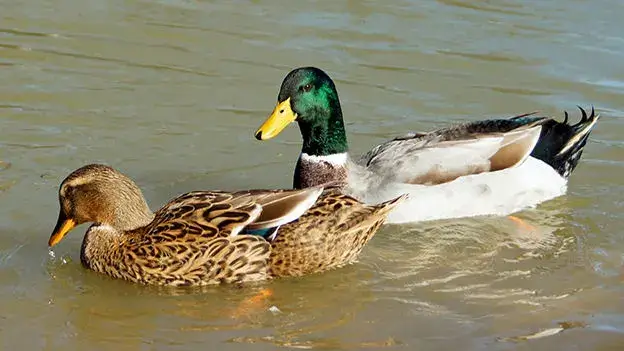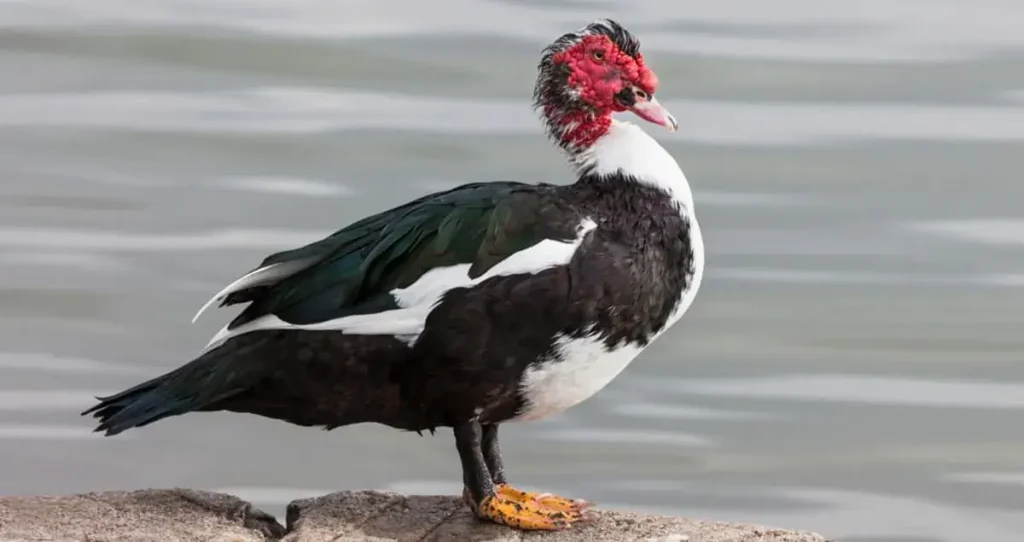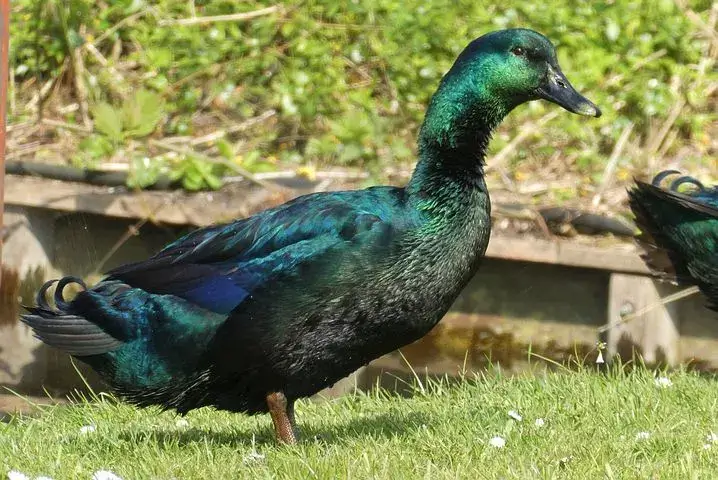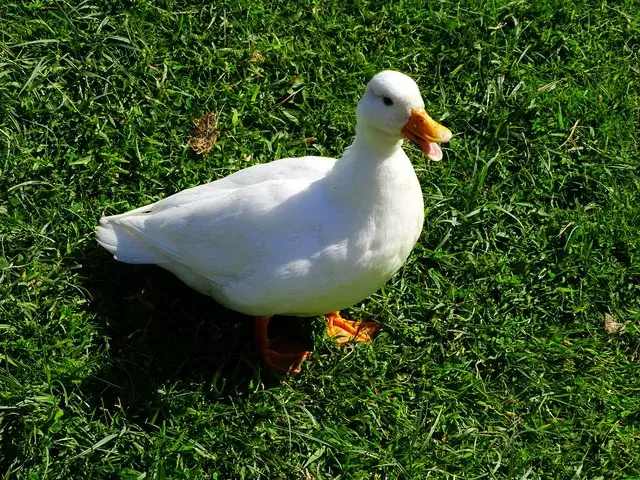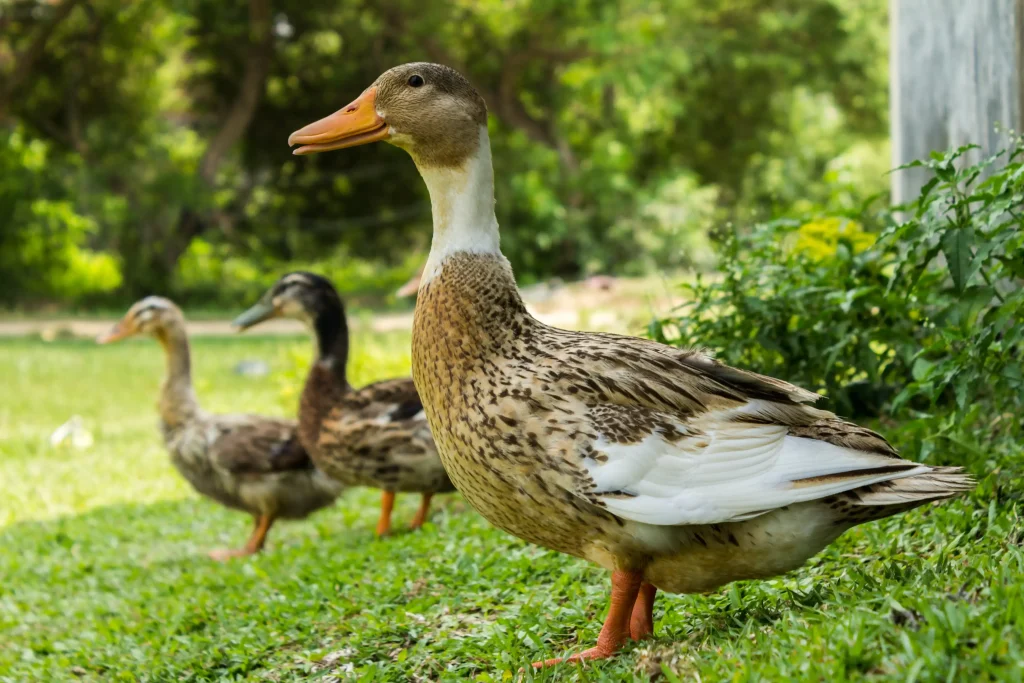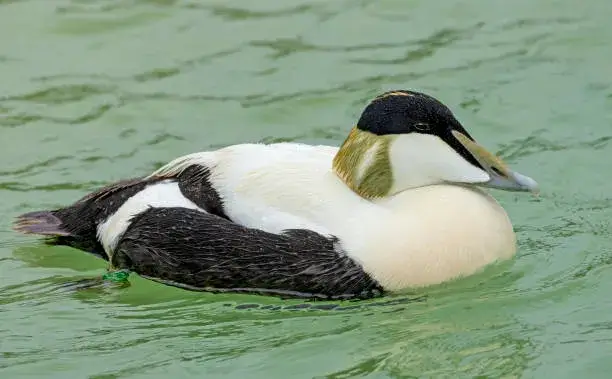🦆 Welsh Harlequin Duck – The Elegant Layer with Personality
🌟 Introduction to the Welsh Harlequin Duck
The Welsh Harlequin Duck is a gem among domestic duck breeds—beautiful, productive, and remarkably gentle. Originally from Wales, this breed is known for its unique color patterns, calm demeanor, and outstanding egg-laying ability. Whether you’re a homesteader, backyard poultry keeper, or a duck enthusiast, this breed offers a rare blend of utility and elegance. 🏡🥚🦆
📜 Breed Origin and History
The Welsh Harlequin was developed in the 1940s by Leslie Bonnett in North Wales. It began as a color mutation of the Khaki Campbell and was selectively bred for both beauty and performance. Today, it’s cherished for:
- 🇬🇧 British heritage
- 💎 Eye-catching plumage
- 🥇 Superb egg production
📚 Scientific Classification
- Scientific Name: Anas platyrhynchos domesticus
- Common Name: Welsh Harlequin
- Origin: Wales (UK)
- Primary Use: Eggs, Pets, Ornamental
🎨 Appearance and Physical Traits
Welsh Harlequins are admired for their striking features:
- 🟤 Males have iridescent green heads like Mallards
- ⚪ Females are creamy white with light brown markings
- 🪶 Both sexes have beautiful mottled patterns
- ⚖️ Average weight: 5–6 lbs (lightweight class)
Their feather patterns and graceful build make them stand out in any backyard flock.
🥚 Egg Production Powerhouse
If you’re after eggs, few ducks can rival the Welsh Harlequin:
- 🥚 Lays 250–330 eggs per year
- ⚪ Egg color: White to light blue/green
- 🥗 Great for homesteaders and small farms
Their laying ability is comparable to Khaki Campbells but with an even calmer temperament.
🧠 Temperament and Personality
This breed is beloved for its docile, curious nature:
- 🐣 Calm and gentle—great for families and beginners
- 🐾 Easily tamed and handled
- 👧 Good with children and other poultry
- 🚫 Rarely aggressive or noisy
They’re one of the most human-friendly duck breeds around.
🌿 Foraging and Lifestyle
Welsh Harlequins enjoy an active outdoor life:
- 🔍 Excellent foragers
- 🪲 Help control garden pests naturally
- 🌾 Thrive in free-range environments
- 🧹 Help keep yards tidy by eating weeds and bugs
They’re smart enough to return to the coop on their own at dusk.
🏡 Housing and Space Needs
This breed adapts well to different environments:
- 🪺 Spacious duck house with good ventilation
- 🌧️ Dry bedding and shelter from rain or snow
- 💧 Access to clean water for drinking and bathing
- 🌳 Room to roam in a fenced yard or pasture
They’re low-maintenance if you provide clean space and fresh food.
🍽️ Feeding and Nutrition
A well-fed duck is a healthy, productive duck:
- 🌾 Balanced duck grower/layer feed
- 🥬 Supplement with greens, grains, and safe kitchen scraps
- 🐛 Bugs and worms, while foraging, boost nutrition
- 🚫 Avoid feeding moldy or salty food
🧬 Breeding and Broodiness
Welsh Harlequin ducks breed easily and are known for their reliable traits:
- 🧪 Females can be sexed at hatching based on bill color
- 🪹 Some females go broody and hatch ducklings well
- 🍼 Strong maternal instincts
- 🐣 Incubation period: 28 days
They can also be raised with incubators or fostered under chickens.
🔍 Comparison With Other Duck Breeds
| Feature | Welsh Harlequin | Khaki Campbell | Pekin Duck |
|———————-|———————|———————|———————|
| Egg Production | 250–330/year | 300–340/year | 150–200/year |
| Temperament | Very calm | Active, slightly shy| Friendly but noisy |
| Noise Level | Low | Moderate | High |
| Foraging Ability | Excellent | Very good | Average |
| Flight Risk | Very low | Low | None |
🧭 Ideal for Homesteads and Urban Setups
Welsh Harlequins are perfect for:
- 🏘️ Urban backyards (quiet & friendly)
- 🏞️ Homesteads (reliable egg layers)
- 🌱 Organic gardens (natural pest control)
- 🎓 Educational farms or petting zoos
🎉 Fun Facts About Welsh Harlequin Ducks
- 🎨 Named for their harlequin-like feather pattern
- 🪶 One of the few duck breeds with auto-sexing traits
- 🔍 Can be sexed by bill color as hatchlings
- 🇬🇧 Developed from the Khaki Campbell mutation
✅ Pros and Cons of Welsh Harlequin Ducks
Pros:
- ✅ Extremely high egg production
- ✅ Calm, non-aggressive personality
- ✅ Attractive and elegant plumage
- ✅ Excellent foragers and pest control
- ✅ Quiet and suitable for urban homes
Cons:
- ⚠️ May be too docile to mix with aggressive breeds
- ⚠️ Vulnerable to predators without fencing
❓ Frequently Asked Questions
Q1: Are Welsh Harlequin ducks good for beginners?
A: Absolutely! Their calm demeanor and high egg output make them ideal for new duck keepers.
Q2: Do they need a pond?
A: No, but they do enjoy bathing. A kiddie pool or water tub works just fine.
Q3: Can they fly?
A: They are poor fliers and usually stay grounded—no wing clipping needed.
Q4: Are they noisy?
A: Not at all! They’re one of the quietest duck breeds, making them great for suburban setups.
Q5: How do I tell males and females apart?
A: At hatching, males often have darker bills. As adults, males have green heads and curled feathers on their tails.
🏁 Final Thoughts – A Backyard Favorite With Flair
The Welsh Harlequin Duck is more than just a pretty face. It offers beauty, productivity, and peaceful companionship all in one feathery package. Whether you’re looking to boost your egg basket, charm your visitors, or raise ducks with ease, this breed delivers on every front. 🥚🦆💚
